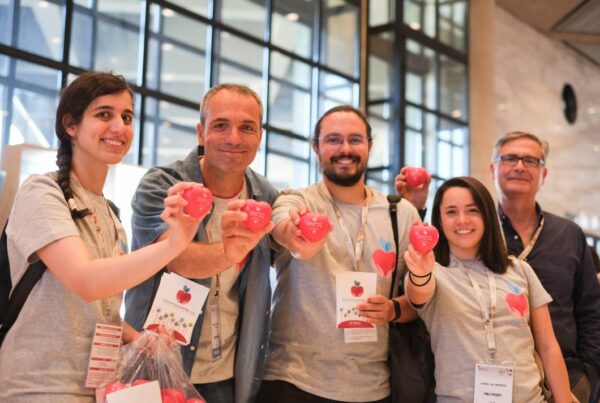Spain consistently ranks among the top countries in the world for life expectancy, with its citizens enjoying one of the longest average lifespans globally. As of the latest data, Spain continues to lead in Europe and is poised to top global rankings in the coming decades. In this blog entry, we will explore Spain’s remarkable success in achieving high life expectancy rates and delve into the factors contributing to this achievement.
Spain in the Global Context
Spain’s life expectancy is currently averaging over 83 years, with projections suggesting it could rise further in the coming years. This impressive longevity places Spain alongside other globally recognized leaders in health and wellness, such as Japan and Switzerland. The intriguing aspect of Spain’s life expectancy is not just its alignment with other high-ranking countries but its trend toward improvement, suggesting systemic lifestyle and healthcare benefits.
Key Factors Contributing to High Life Expectancy in Spain
1. Mediterranean Diet
The Mediterranean diet is celebrated worldwide for its health benefits, and Spain, as a pivotal part of the Mediterranean region, exemplifies this diet. Rich in olive oil, fresh vegetables, fruits, nuts, and fish, the Mediterranean diet is associated with reduced risks of chronic diseases such as heart disease and diabetes. The emphasis on balanced, fresh, and locally-sourced food plays a crucial role in Spain’s overall health profile.
2. Comprehensive Healthcare System
Spain boasts a public healthcare system that is accessible, high-quality, and efficient. The universal coverage ensures that all residents have access to necessary medical services, from preventive care to complex treatments. The focus on preventive medicine helps in early detection and management of illnesses, which is essential for maintaining a healthy population and increasing life expectancy.
3. Active Lifestyle and Climate
Spain’s mild climate, marked by warm temperatures and abundant sunshine, encourages outdoor activities year-round. Whether it’s walking, cycling, or engaging in community sports, the Spanish lifestyle is inherently active. This active way of living significantly contributes to physical health, reducing the incidence of lifestyle-related diseases.
4. Social Connections and Community Life
Strong social ties and community interactions are hallmarks of Spanish culture. The emphasis on family, social gatherings, and community events fosters a supportive environment that contributes to mental health and well-being. Studies suggest that these social interactions can lead to lower levels of stress and a greater sense of belonging and purpose, factors linked to longevity.
5. Moderate Alcohol Consumption
The traditional Spanish lifestyle includes moderate consumption of alcohol, particularly wine, often in social settings or alongside meals. Moderate wine consumption, particularly red wine, is associated with certain health benefits, including cardiovascular health, due to the presence of antioxidants like resveratrol.
6. Balanced Work-Life Approach
The Spanish approach to work-life balance, with practices such as the siesta culture and long lunch breaks, emphasizes taking time to relax and enjoy life. Such cultural norms can reduce stress and contribute to mental well-being, leading to overall better health outcomes.
Challenges and Future Directions
Despite its success, Spain faces challenges such as an aging population and the need for sustainable healthcare funding to continue supporting high life expectancy rates. Addressing lifestyle-related health issues such as obesity and smoking will be crucial in maintaining and further improving life expectancy figures.
Conclusion
The high life expectancy in Spain is a testament to the confluence of diet, healthcare, lifestyle, and cultural factors. Spain’s holistic approach to life and health serves as a model for other nations aiming to improve the quality and longevity of life for their citizens. As Spain continues to navigate the challenges of an aging society, its commitment to health, community, and balanced living stands as a beacon of success and inspiration on the global stage. By understanding and adopting some aspects of the Spanish way of life, individuals and policymakers worldwide can work towards achieving similar health outcomes.



